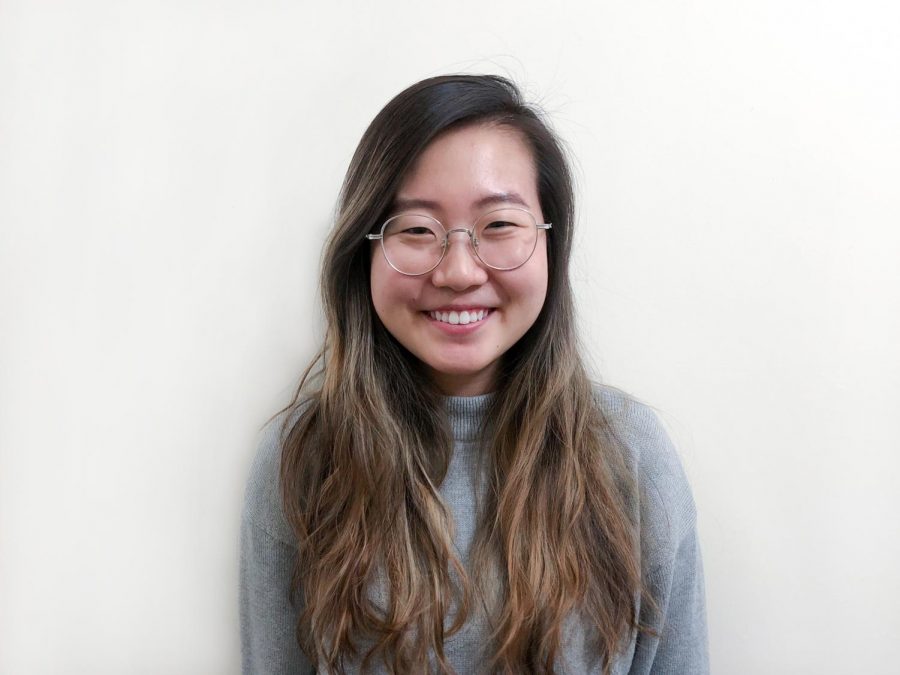Time’s Up on Victim Blaming in Ronell Case
August 26, 2018
At the end of an 11-month Title IX investigation, NYU Professor Avital Ronell was deemed responsible for inappropriate behavior toward her former doctoral advisee, Nimrod Reitman. Detailed as sexual texting and inappropriate physical contact, the behavior has resulted in Ronell’s suspension without pay for the upcoming academic year.
Ronell is a respected feminist scholar and, following Reitman’s accusation, had over 50 fellow academics jump to defend her character. Among them are members of NYU’s faculty and professors of other prestigious universities around the world. This group wrote a beaming letter addressed to President Andrew Hamilton and Provost Katherine Fleming, referring to the allegations as “a malicious campaign” and highlighting Ronell’s accomplishments and contributions to the humanities.
The group’s attempt to uphold Ronell’s reputation is sadly predictable. To defend someone, especially a person who has earned professional respect, is almost a reflex, one that’s fallible but undeniably relatable. And it’s one we’ve seen before. Take the case of Massachusetts Institute of Technology Professor Junot Díaz from earlier this year — after being accused of sexual misconduct by writer Zinzi Clemmons and several other women, fellow writers and professors were swift to take sides. Díaz was ultimately cleared of misconduct — largely based around accusations of forced kissing — by M.I.T.; a decision that was heavily criticized for condoning harassment and misogyny.
Ronell’s case is eerily similar to Díaz’s, except that she is a woman and a renowned feminist. There’s much that can be said of the potential double standards in the handling of the two cases and what institutional action is truly appropriate in such situations. These concerns are valid and urgent. Yet as unfortunate as the lack of consistency may be, people’s experiences don’t change depending on who is the accuser and what disciplinary action is taken and pursued. Accountability and justice must begin somewhere, meaning that victim blaming is never acceptable. We must move beyond that instinct.
To see NYU faculty readily invalidate the distress of a member of the NYU community is extremely concerning. Between a professor’s integrity and a student’s dignity, it seems that the former takes precedence at NYU and other academic institutions. It’s problematic how we’re still largely at a point in society where we discount a victim based on the accuser’s previously observed character and success. NYU, as a thoughtful academic community, can do better. Even when expectations turn out to be false, it’s our individual responsibility to adjust accordingly to the new, truest reality. As an NYU student, I should expect nothing less than informed thought from the leaders of our university and the world.
A version of this article appeared in the Sunday, Aug. 26 print edition. Email Janice Lee at [email protected].
























































































































































